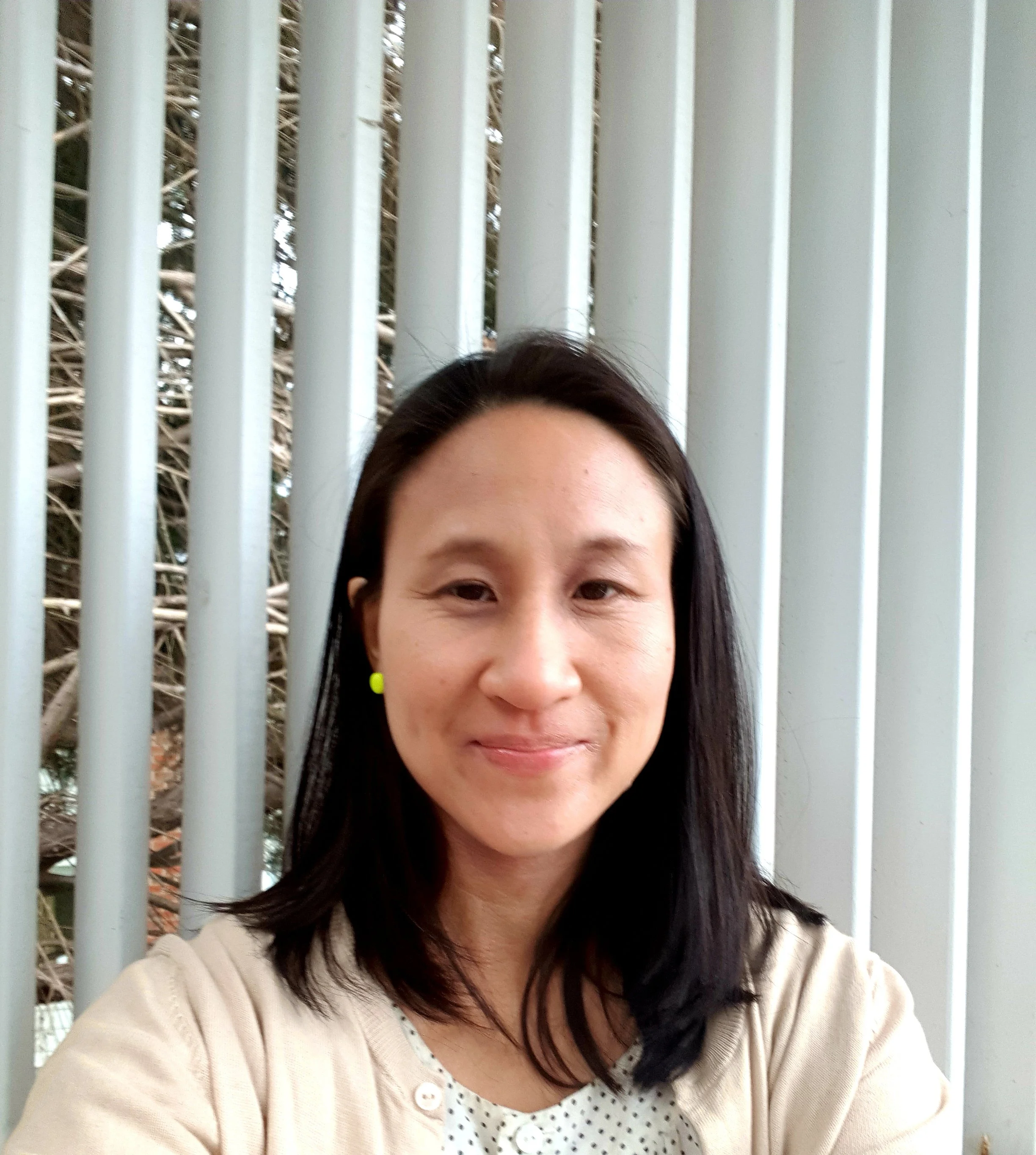5 Questions with Su-May Tan
Su-May Tan was born and raised in Malaysia and is currently living in Melbourne.
Her short fiction has appeared in the Margaret River Short Story Competition, Mascara Literary Review and Meniscus.
No.1
Tell us how you came to the idea of putting together, and publishing, Lake Malibu and Other Stories. I know some stories have been published in various journals (Tincture, Asiatic, Meniscus, etc) in the past, but how did it come to be?
I started writing some of these stories about 10 years ago when I was trying to teach myself Creative Writing. I never thought of putting them into a collection until a couple of years ago when I began to see a common thread in them. The manuscript won me a Publisher Introduction Program at Varuna in 2019, which led to it winning the Highly Commended category in the Carmel Bird Digital Literary Award and as a result got published by Spineless Wonders.
No.2
Do you have a structured writing process? How do stories come to you?
I don’t really have a structured writing process. Being a mum of three kids, I’m a little time-starved. I used to write in the car waiting for someone at karate class or gymnastics, or during naptime. My day job is being a copywriter, so I just write whenever I can.
As for how the stories come to me, I think they stem from a curiosity I have about people and how they tackle the challenges that come their way.
No.3
Lake Malibu is a striking collection of short stories that firmly centre Malaysian culture and settings. It never panders to a dominant, Eurocentric gaze, and explores themes of cultural identity and migration in a globalised world. Can you tell us more about your world-building process(es)?
The stories in Lake Malibu have followed the passage of my life. Most of these stories were written when I was still in Malaysia, hence its Malaysian-centricity. But I also wrote a few when I moved to Melbourne.
As I reviewed the stories, I began to see a common thread among the characters. In their own way, each of them was trying to break out from the status quo in pursuit of a ‘better life’. A teenager in love with his best friend’s mother. A father struggling with his son’s gender preferences. Two friends trying to escape life in a small town. A young migrant family in search of greener pastures.
At the heart of the collection is an exploration of the movement and progression [that] people [make] as humans. What are the impacts of the choices you make; what do you gain and what do you leave behind? My characters face universal dilemmas—they fight filial obligations, societal pressures and cultural expectations in a world that is increasingly fluid. These are stories about lost and lonely souls who live on the edge of convention.
No.4
You’re an adult migrant to so-called Australia, and we have spoken about how difficult it is to find those like us—as opposed to second-generation migrants—in the literary and publishing worlds. There are some similarities of course, but some large differences too. Would you like to speak more to this? What has your experience been writing in Ozlit so far? Did you write when you lived in Malaysia?
That is such a great question. Being a ‘first-generation migrant’ and trying to break into the literary industry is especially hard as most new migrants have to focus on building a new life in a new country. Coming from a so-called developing country, the typical hurdles apply and writing as a personal pursuit is a luxury, even more so if you have little mouths to feed.
Most of the Asian literature I’ve seen in Australia is written by second-generation migrants and I’m not surprised. These are people who were born here or grew up here and have gone through an Australian education system where Creative Writing is taught at a young age. When my daughter was in Grade Five, [she was already] learning about metaphorical concepts and the principles of story—things I only learnt on my own as an adult later in life.
In any case, most migrant stories tend to tread on similar ground: exploring themes of displacement, belonging and identity. Whether it’s about growing up Asian in Australia, or sharing the richness of another world, I think there is room for all these stories in an increasingly diverse literary landscape.
No.5
Who or what inspires you, and keeps you buoyed, while you are in the process of writing? Who do you think are your artistic/writerly influences?
I can’t think of anyone who keeps me buoyed. There are probably more people who would rather I not write (as it tends to take away from household duties). I guess I write because it’s something I always wanted to do.
Some of my favourite writers are Rattawut Lapcharoensap, Jhumpa Lahiri and Chimamanda Adichie. Their stories explore the intricacies of our globalised world in voices and lenses that are uniquely their own.
Two young boys dream of greener pastures in a Western country. A teenage boy falls in love with his best friend’s mother. An elderly lady re-evaluates her relationship with her son who has settled down in Australia.
Lake Malibu and other stories is a collection of interlinked short stories set in Kuala Lumpur and the small Malaysian town of Ipoh. Connected by a theme of escapism, these stories explore themes of cultural identity and migration in a world that is more globalised and fluid than ever. The book was highly commended at the 2021 Carmel Digital Literary Award.
Get it from Spineless Wonders here.


